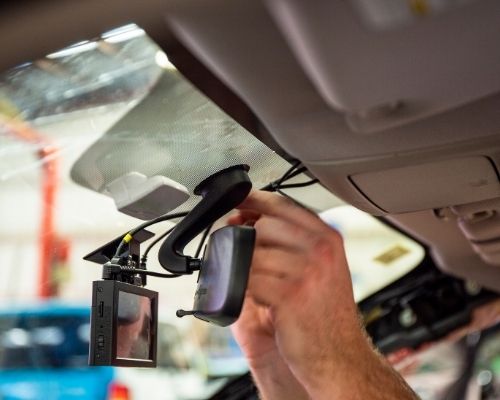Dashboard-mounted cameras or “dash cams” are an increasingly popular way for motorists in Florida, and across the U.S., to record their travels and adventures out on the road. They can also provide important evidence if the driver is involved in an accident.

Without Evidence, You Don’t Have a Case
If you’ve been injured in an auto accident in which another driver was at fault, Florida state law gives you the right to seek compensation for the damages caused by your injuries. In most cases, this involves filing a personal injury claim with the at-fault driver’s insurance company. Depending on the circumstances, you may be able to obtain compensation for your medical bills, economic losses, pain and suffering, and others.
However, the insurance company isn’t prepared to pay out a settlement until they’ve seen convincing evidence that their client was at fault in the accident. Without evidence, you don’t have a case.
Dash-cam Footage Can Be Submitted as Evidence in Car Accident Case
Experienced auto accident attorneys will tell you that you can never have enough evidence to support a personal injury claim after an accident. The evidence you submit should show how the other driver was at fault and fully document the injuries you sustained as a result of the accident.
Medical records (hospital bills, doctors’ notes, test results, medical imaging, etc.), as well as expert testimony, are used to establish the full extent of your injuries.
To support your claim that the other driver was at fault in the accident, you will need three key pieces of evidence:
- Police reports
- Testimony of eyewitnesses
- Photographic evidence
In Florida, a police report is required in accidents that involve an injury, resulting from impaired driving, or caused more than $500 in property damage. It also helps establish “official” documentation of the accident.
Eyewitness testimony from a third party can help establish your version of events. After the accident, make sure to get the names and contact information of anyone who witnessed the accident.
Photographic evidence includes still photos and video recordings like those made by a dash cam.
To be effective as evidence, the dash cam footage must clearly and convincingly depict a specific showing or alleged fact about your car accident case and that the footage is authentic, as determined under the sworn testimony of the individual who recorded it or who was responsible for its capture.
NOTE: In most instances, recording someone on video without their permission is okay in Florida. However, making an audio recording of someone without their permission is against the law. Make sure you get permission from an individual before recording their statements. Any conversation recorded without consent will be inadmissible in court and could even result in criminal charges for yourself.
Evidence is Essential in an Auto Accident Injury Claim
Evidence is essential in any personal injury claim but is especially important in auto accidents, where Florida’s comparative liability laws can cost an injured motorist thousands of dollars.
Winter Haven personal injury attorney Tania Rivas understands the important role evidence plays in a personal injury case. She knows how to use dash cam footage and other evidence to prove who was really at fault in an accident, how her client was injured, the extent of their injuries, and how those injuries will affect their lives.
Get the maximum compensation you are due for the damages caused by your accident. Tania Rivas has earned millions of dollars in settlements for clients injured in auto accidents in Lakeland, Lutz, Bartow, Wahneta, Winter Haven, Eagle Lake, Jan Phyl Village, or other Central Florida communities. Contact Winter Haven auto accident attorney Tania Rivas at Rivas Law Group at (877) 299-5539 to discuss your claim.



